A Letter From the Guest Editor: J. Kevin Tucker
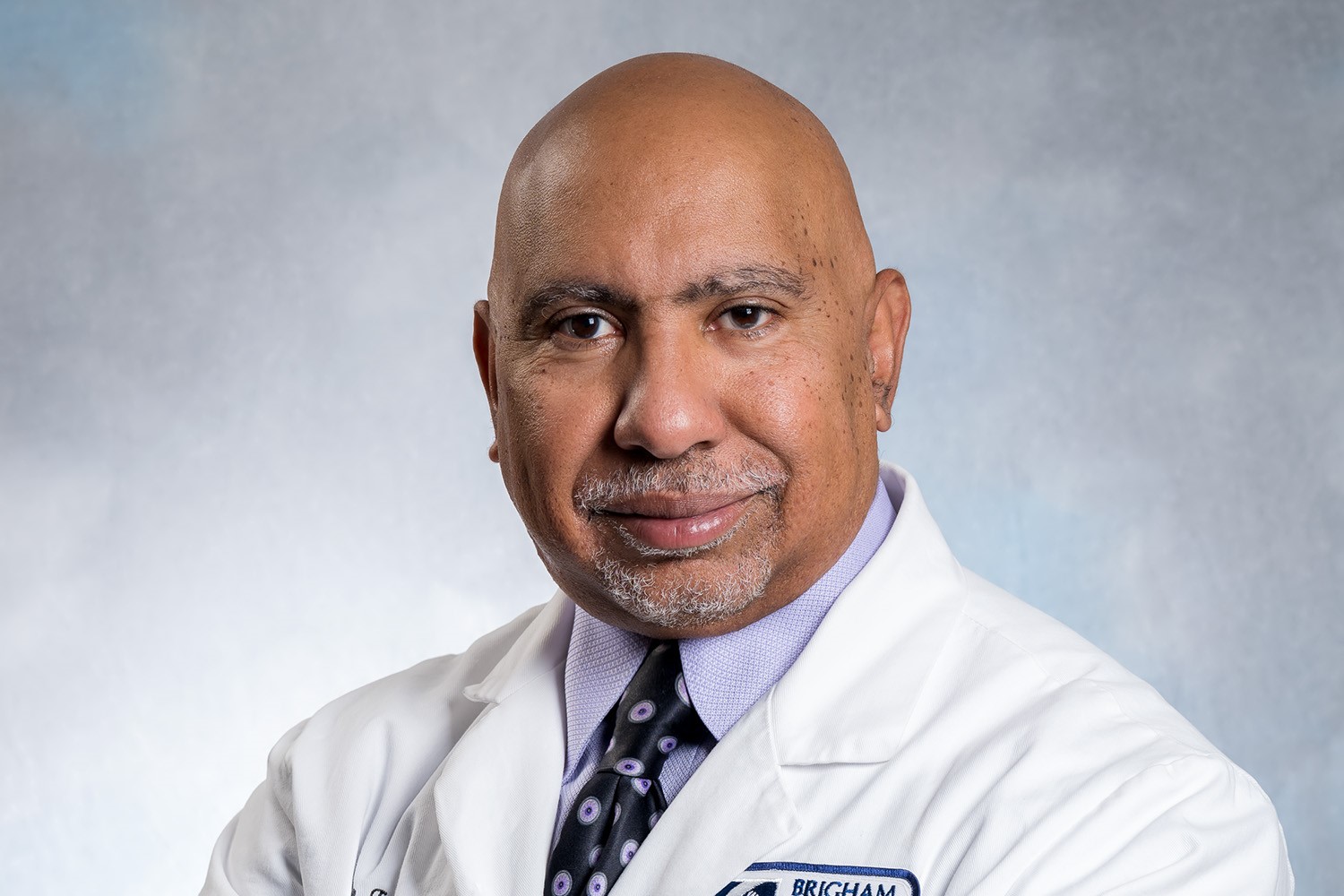
I stumbled into medicine as a career. Like many students entering Birmingham-Southern in fall 1982, I thought that medicine might be in my future, so I made sure to take general chemistry, organic chemistry, and physics, which were required for admission to most medical schools, while at the same time availing myself of the full smorgasbord of a liberal arts curriculum: Professor Grace Marquez’s advanced Spanish literature course, Professor Bill Ramsey’s Senior Seminar for English majors (which he allowed me to take as a non-major), Southern Chorale under Professor William Baxter, piano with Professor Jane Gibbs, Introduction to Christianity with Professor Earl Gossett, Philosophy 101 with Professor O.C. Weaver, and several political science courses with Professor Natalie Davis.
My certainty about medicine as a career was shaken in my sophomore year when my father was diagnosed with colon cancer and died within four months of his diagnosis. Our family’s first experience with the world of medicine in the context of a life-threatening illness was not a positive one. While we knew that my father’s prognosis was not good, the way in which the news was delivered seemed callous and cold. In a last-ditch effort at finding some possibility of treatment, my father was admitted to UAB Hospital, where our family experienced kindness, love, and grace from the physicians, nurses, social workers, nurses’ assistants and all the members of the staff. The interns, residents, and fellows displayed empathy and compassion in a way that made me want to emulate them and re-committed me to a career in medicine. And when my father died in the spring of my sophomore year, my Birmingham-Southern family rallied around me in a way that I never expected and probably would not have experienced at a large university.
Empathy is the characteristic most desirable in a physician that my liberal arts education at Birmingham-Southern helped me to develop both inside and outside the classroom. Whether learning in the classroom under Professor J. David Fraley about the underlying causes of the French revolution, or discussing the domestic violence that Celie suffered in Alice Walker’s The Color Purple in Professor Ramsey’s senior seminar, we were encouraged to think honestly and deeply about historical movements and characters, and to put ourselves in their shoes, i.e., to empathize. That same learning was reinforced outside the classroom. Chaplain Stewart Jackson was one of the first ministers I can recall to preach about “social justice,” and he practiced it and led by example with students. Our group, Christians for Social Justice, under Stewart’s leadership, volunteered at the Birmingham Firehouse Shelter. Again, we were called to serve and empathize with those who had been dealt the devastating hand of homelessness. Finally, I must recognize the wonderful example of servant leadership provided by President and Mrs. Neal Berte, who selflessly served the BSC community and the greater Birmingham community in too many ways to enumerate.
In the wake of the devastation of COVID-19 and the death of George Floyd at the hands of law enforcement, physicians and healthcare leaders have been encouraged to think more deeply about the underlying causes of the vast disparities in health and disease outcomes in the United States. When we practice medicine with empathy, we are forced to think not just about the fact that the patient is not adhering to the treatment plan but also about the systemic and structural barriers that led to the patient’s non-adherence with the treatment plan. I am forever grateful that the foundation provided at Birmingham-Southern has allowed me to not only become a physician but also to strive to practice with empathy and compassion.
While I have focused in this reflection on the non-science aspect of my BSC education, I would be remiss if I did not acknowledge the outstanding science faculty who helped me and so many of my fellow students to become health professionals through their gifts as teachers. I had the fortune of being taught by Professors Paul Bailey, Dan Holliman, and Doug Waits in biology; Professor Tom Moore in chemistry; Professor Hoyt Kaylor in physics; and Professors Lola Kiser and Natarwlal Bosmia in mathematics. I learned in the classroom from my professors, but we also learned as students from each other. Those nights spent huddled together with friends studying chemistry and biology in our dorm rooms or in Phillips Science are precious memories indelibly imprinted on my brain and which forged friendships that have lasted to this day. Let us keep these “Forward, Ever” traditions alive.
• • •
Dr. J. Kevin Tucker ’86 is vice president of education for Mass General Brigham, director of the Master in Clinical Service Operations Program, and former director of the BWH/MGH Joint Nephrology Fellowship Program. Tucker also serves as an assistant professor of medicine at Harvard Medical School. He earned his medical degree at Cornell University.
 This story was included in a special health careers edition of From the Hilltop, Birmingham-Southern’s alumni email newsletter.
This story was included in a special health careers edition of From the Hilltop, Birmingham-Southern’s alumni email newsletter.
You can email [email protected] to get in touch with the Office of Alumni Engagement, learn about upcoming opportunities and events, and tell us more about you.
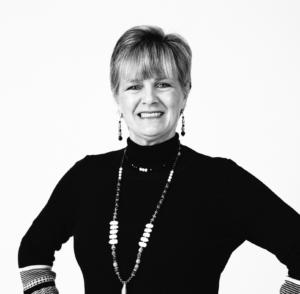
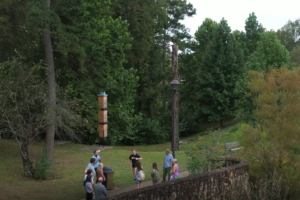

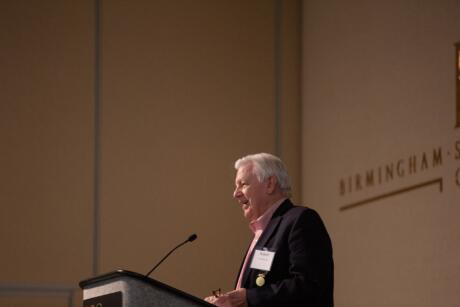
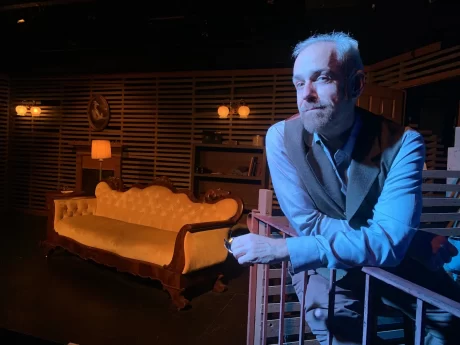
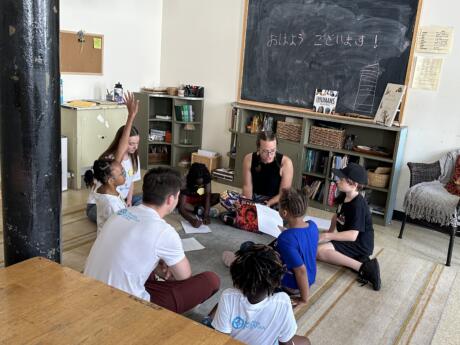
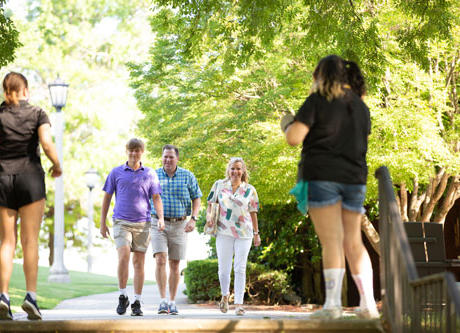
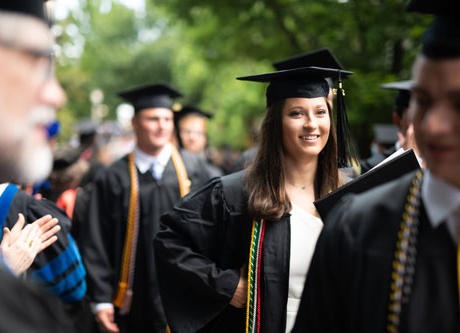
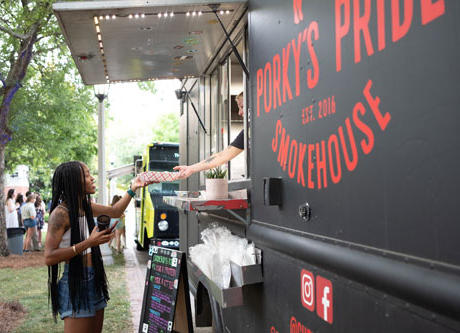
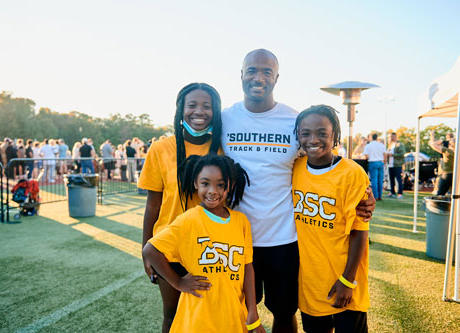
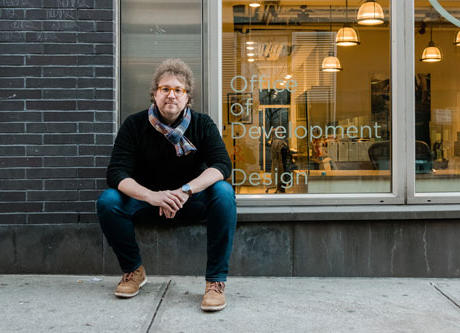
// Comments are closed //